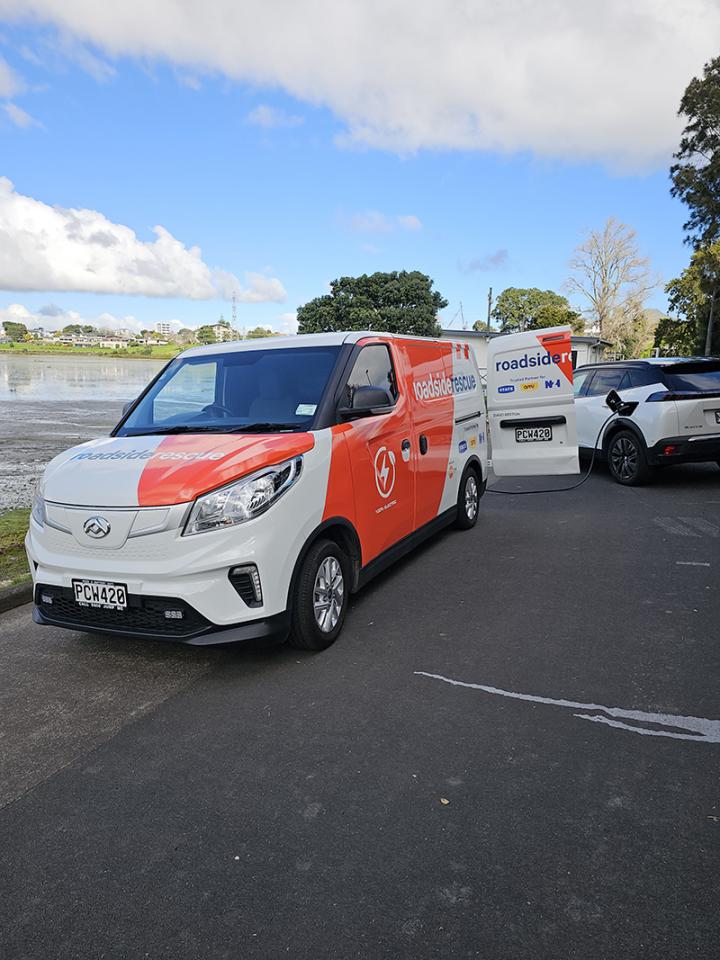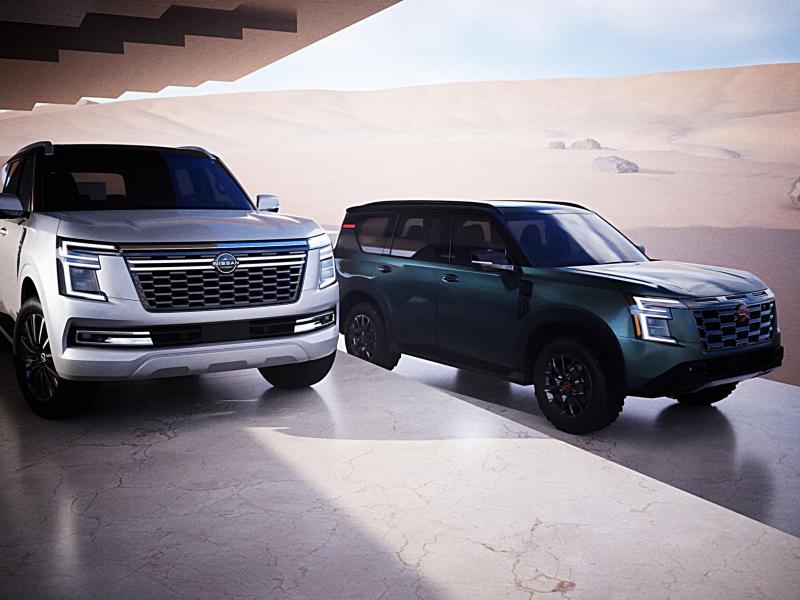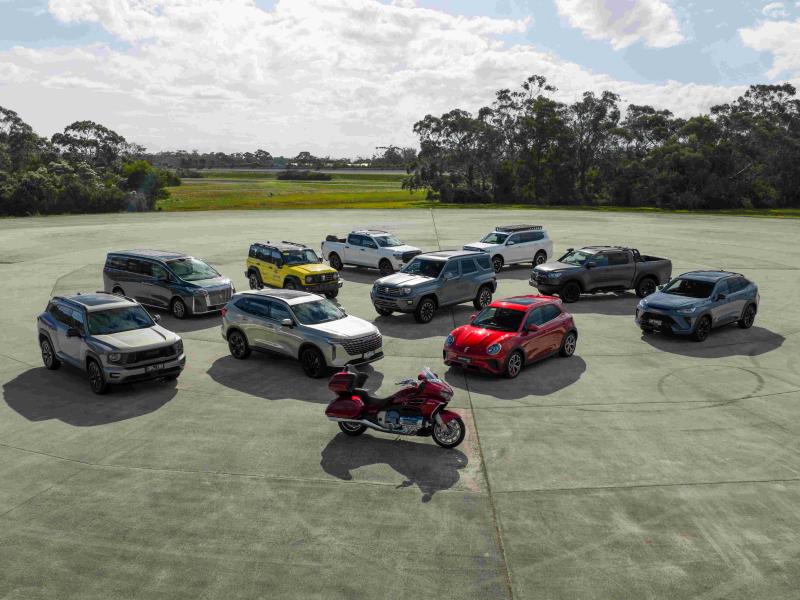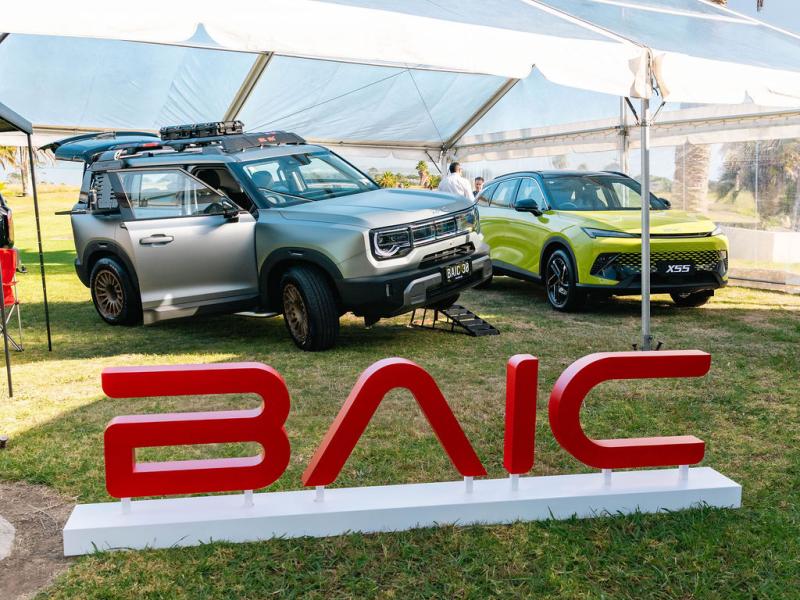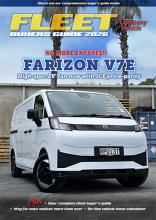For the last 30 years, First Rescue has answered the needs of fleet operators from every facet of the automotive industry – a diverse and comprehensive selection of automakers, lease companies and other corporate and professional entities.
These organisations have engaged the 24/7 response services First Rescue provides, which includes accident management first response, insurance issues, roadside assistance, breakdown assistance, towing, incident management and reporting and risk mitigation solutions.
“On the roadside rescue front,” says First Rescue’s CEO Gordon Brown, “we have extended our service offering to encompass the fast-growing market that is the EV sector.”
While the requirement for roadside charging is comparatively low, Gordon says First Rescue’s timing is perfect – maintaining the high service level expected by its existing customers with EVs and, at the same time, futureproofing for this growth sector.
Business development manager for First Rescue, Dave Comp, expands on this: “With our existing customer portfolio of over 700,000 benefiting from the Roadside Rescue offering, it was only a matter of time before someone would be calling us with an EV.
“We anticipated this some time back, but in deference to our users who have come to expect a premium level of service response, we wanted to make sure our EV service offering was on par with everything else we do.”
Accordingly, First Rescue looked at all the aspects of EV roadside rescue, determining the right vehicles for the role and having appropriate recovery equipment onboard to ensure a fast and effective service.
“Rather than having a regular van with a generator in the back, which sends a message of a quick fix without due care and consideration for the EV driver’s commitment to a cleaner and greener motoring solution,” says Dave, “we researched the vans we would be using for this service and found the LDV eDeliver3 – a compact, all-electric city smart van – to be the perfect choice.
“As the market continues to evolve in the light commercial EV range, we will continue to review what best meets our and our customer’s needs in this space.”
And rather than a diesel or petrol-powered generator being onboard to facilitate charging, which is kind of like using one credit card to pay off another, First Rescue sourced what is basically a compact 2kW transformer for charging.
“This uses direct current to quickly deliver about 10km range, allowing the EV enough mobility to reach a fixed charging station.”
The DC transformer is the charger of choice for First Rescue’s Auckland-based roadside units as it delivers an emergency top up in around 12 minutes.
“Later on,” says Dave “we will be rolling out other EV roadside rescue vans to other metropolitan centres and these will likely run AC chargers. These are expected to have 16-minute recharge times.
“We will continue to develop and expand our EV solution and grow with the market,” adds Dave, “and for now, while First Rescue is arguably the largest deliverer of EV callouts, the reason for the callouts is more often than not, to handle puncture issues, as EVs typically do not carry spare tyres.
“With that in mind, it is a reflection of the quality of our service that our responders are trained to gain as much information as quickly as possible to ensure your roadside EV rescue is handled promptly and effectively with the appropriate vehicle rescue response.”
For more information on how First Rescue can deliver a 24/7 response service for your organisation, visit www.firstrescue.co.nz.


